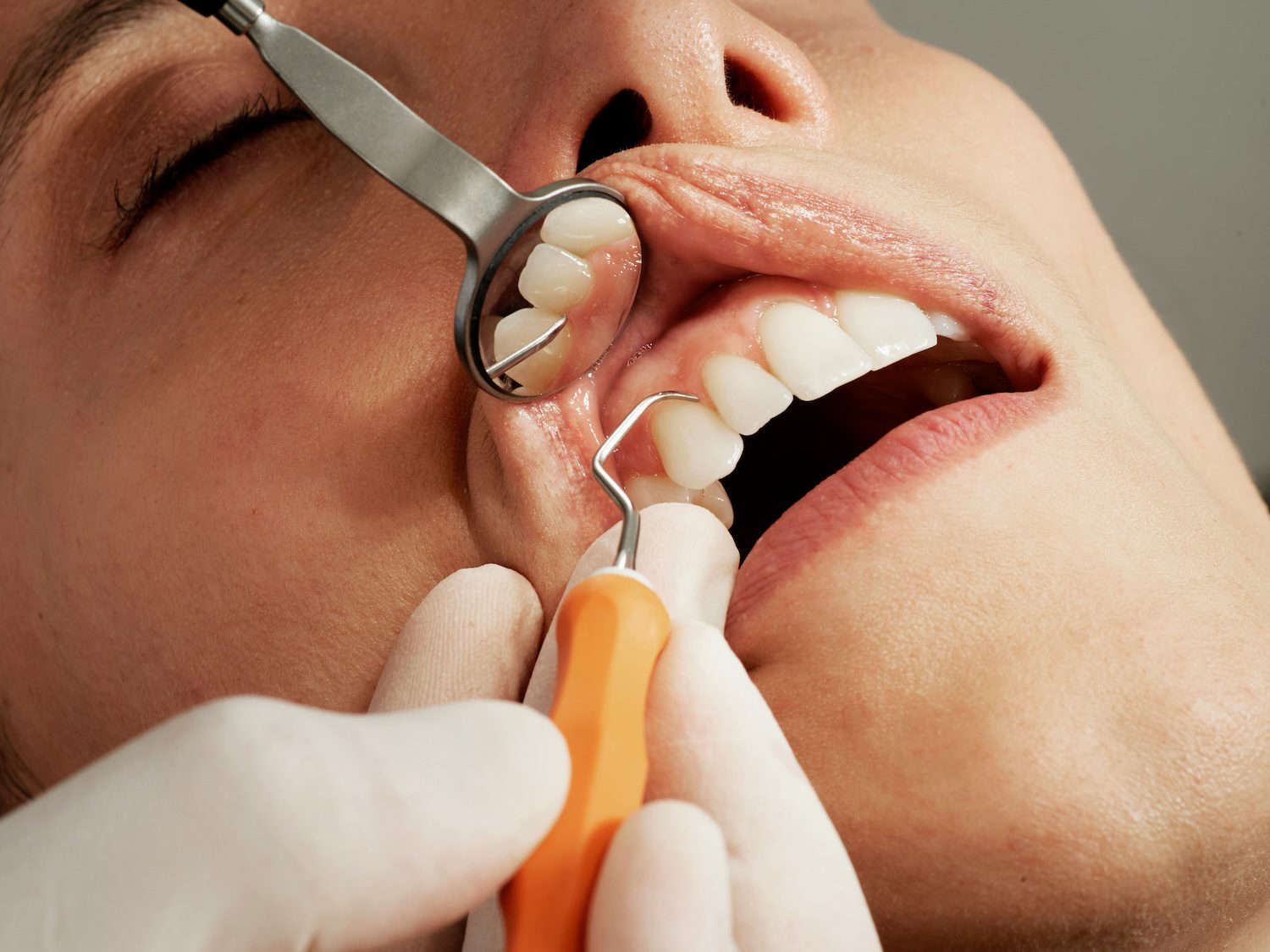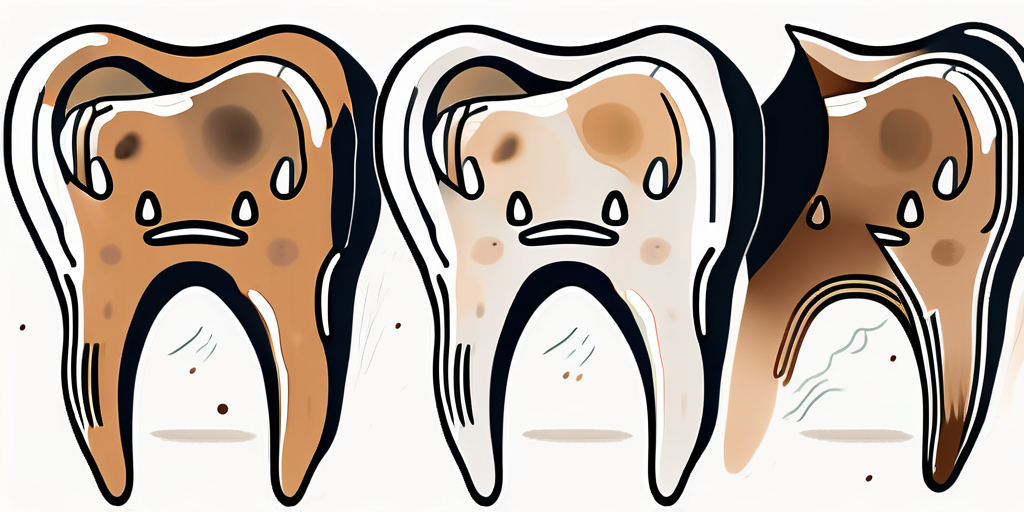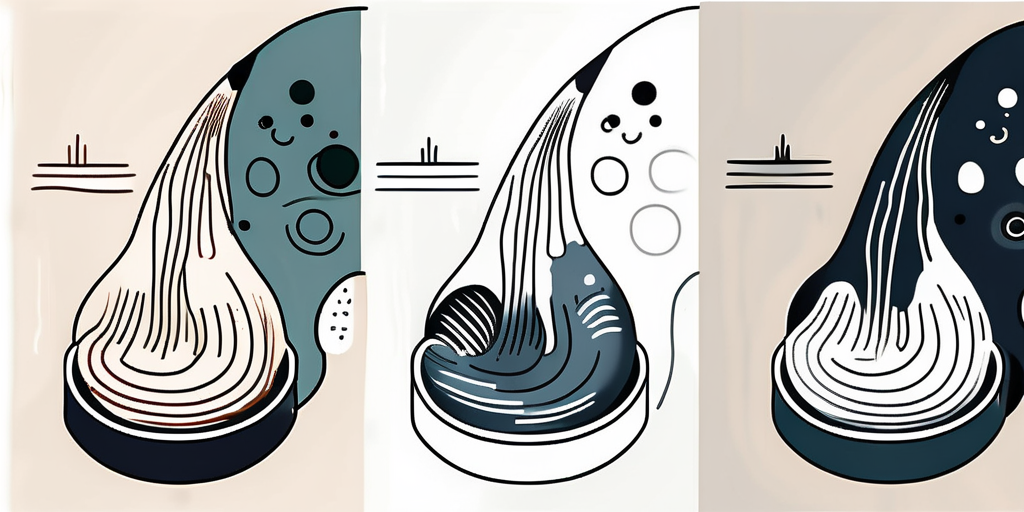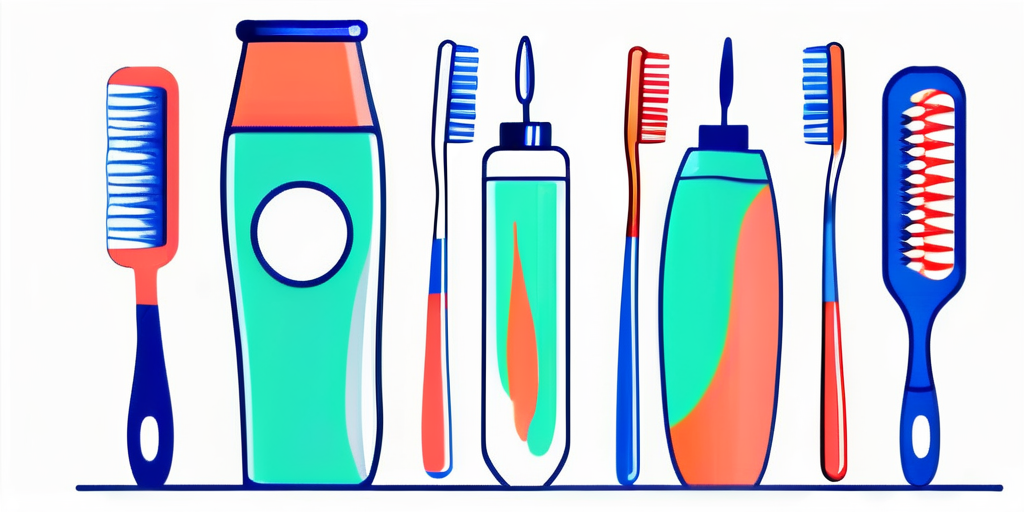
Cavities are a common dental issue that can cause discomfort and pain if left untreated. Understanding the signs and symptoms of cavities is important for early detection and prevention. In this article, we will explore what cavities are, how they develop, and how to recognize the signs of tooth decay. We will also discuss the progression of cavities and offer tips on preventing their formation.
Tooth decay, commonly known as cavities, is a process that occurs when the enamel, the outer protective layer of the tooth, is damaged by acid produced by bacteria in the mouth. This acid wears away the enamel, creating small holes or openings in the tooth. If left untreated, these small openings can grow larger and deeper, eventually leading to infection and other dental complications.
It's important to note that cavities can develop in any tooth, including molars, premolars, canines, and incisors. The location of the cavity can impact the severity of symptoms and the treatment required. For example, cavities in hard-to-reach areas may go unnoticed for longer periods, leading to more extensive damage.
To understand how cavities develop, it's important to know the science behind tooth decay. When we consume sugary or starchy foods, such as candy, cakes, or bread, the bacteria in our mouths feed on the sugars and produce acid as a byproduct. This acid attacks the tooth enamel, gradually eroding its mineral content and weakening its structure.
Furthermore, factors such as poor oral hygiene, dry mouth, and certain medications can contribute to an increased risk of developing cavities. Understanding these risk factors can help individuals take proactive steps to prevent tooth decay and maintain good oral health.
There are some misconceptions surrounding cavities that need clarification. One common misconception is that only children can get cavities. In reality, cavities can affect individuals of all ages. Another misconception is that brushing your teeth vigorously can prevent cavities. While brushing is crucial for oral hygiene, it is equally important to brush correctly and use fluoride toothpaste.
Additionally, regular dental check-ups and professional cleanings play a vital role in preventing and detecting cavities early. Dentists can identify signs of tooth decay that may not be visible to the naked eye and provide appropriate treatment to stop the progression of cavities.
Early detection of cavities is crucial for effective treatment. By being aware of the signs, you can seek professional help before the decay progresses further. Here are some indicators to watch out for:

Early signs of cavities may include white spots on the teeth, indicating the beginning of enamel erosion. These spots may turn brown or black as the decay progresses. It's important to address these early signs to prevent further damage.
As cavities progress, physical signs may appear. These can include tooth sensitivity, especially when consuming hot, cold, or sweet foods. You may also experience toothache or pain when biting or chewing. If you notice any of these symptoms, it is essential to consult your dentist to prevent the decay from worsening.
Furthermore, another common indicator of cavities is the presence of visible holes or pits in the affected teeth. These cavities can vary in size and severity, with some being small and barely noticeable, while others can be larger and more pronounced. It is crucial to have these cavities filled by a dentist to prevent further decay and potential infection.
In addition to the physical symptoms, bad breath or a persistent unpleasant taste in the mouth can also be signs of cavities. The bacteria that cause tooth decay can release foul-smelling gases, leading to halitosis. Maintaining good oral hygiene practices, such as regular brushing and flossing, can help combat bad breath, but if the issue persists, it may be a sign of underlying dental problems that require professional attention.
Recognizing the symptoms of cavities can help you seek treatment promptly. Here are some common symptoms to be aware of:
It's essential to understand that cavities are caused by a combination of factors, including poor oral hygiene, frequent snacking of sugary foods, and bacteria in the mouth. When left untreated, cavities can progress and lead to more severe dental issues, such as infections or abscesses.
If you experience persistent toothache or sharp pain when eating or drinking, it could be a sign of an advanced cavity. Ignoring these symptoms can lead to further complications, so it is vital to visit your dentist as soon as possible.
In some cases, the pain from a cavity can radiate to other areas of the face, causing headaches or earaches. This referred pain can sometimes make it challenging to pinpoint the exact source of the discomfort, emphasising the importance of seeking professional dental care for an accurate diagnosis.
Sensitivity in your teeth when consuming sweet, hot, or cold foods can indicate tooth decay. This sensitivity occurs when the protective enamel is worn down, exposing the sensitive dentin layer. If you notice any discomfort, it's important to get it checked to prevent further deterioration of the tooth.
Furthermore, individuals with cavities may experience bad breath or an unpleasant taste in their mouth due to the presence of bacteria in the decayed tooth. This oral odour can be persistent and resistant to regular brushing and mouthwash, highlighting the need for professional intervention to address the underlying cause.
Understanding the stages of tooth decay can help you identify when to seek professional help. Here are the four stages of cavity development:

Stage 1: Initial demineralization - In this stage, the enamel begins to lose minerals. The surface may appear intact, but microscopic damage has occurred.
Stage 2: Enamel decay - At this point, the decay has reached the enamel's inner layer. Small cavities may start to form, but they are still relatively shallow.
Stage 3: Dentin decay - The decay progresses to the dentin layer, which is more sensitive and vulnerable to damage. As the decay reaches this stage, the risk of pain and sensitivity increases.
Stage 4: Pulp infection - If left untreated, the decay can reach the innermost layer of the tooth called the pulp. At this stage, severe pain, infection, and even tooth loss can occur.
If you notice any signs or symptoms of cavities, it is important to schedule an appointment with your dentist. They can accurately assess the condition of your teeth and provide appropriate treatment to prevent further decay.
It is crucial to understand that tooth decay is a gradual process that can be influenced by various factors such as diet, oral hygiene practices, and genetics. The initial stages of cavity development may not always exhibit noticeable symptoms, making regular dental check-ups essential for early detection and intervention.
Furthermore, the progression of cavities can vary from person to person, with some individuals being more prone to rapid decay due to factors like dry mouth or medical conditions that affect saliva production. Maintaining good oral health habits, including brushing twice a day, flossing regularly, and limiting sugary foods and drinks, can significantly reduce the risk of developing cavities and other dental issues.
While cavities can be bothersome, they are preventable. Incorporating effective oral hygiene practices and making mindful dietary choices can significantly reduce your risk of developing cavities.

Did you know that cavities, also known as dental caries, are caused by a combination of factors including bacteria in the mouth, frequent snacking, and poor oral hygiene? When we consume sugary or starchy foods, the bacteria in our mouth produce acids that attack the tooth enamel, leading to decay over time. This is why it's crucial to adopt good oral habits to protect our teeth.
Brushing your teeth twice a day with fluoride toothpaste is crucial for maintaining good oral health. Flossing daily and using mouthwash can further remove plaque and bacteria from areas that are difficult to reach with a toothbrush. Regular dental check-ups and professional cleanings are also essential in preventing and detecting cavities early.
Additionally, did you know that the way you brush your teeth matters? Using gentle circular motions and ensuring you reach all surfaces of your teeth can help remove plaque effectively. It's also important to replace your toothbrush every three to four months or sooner if the bristles become frayed.
Your diet plays a significant role in cavity prevention. Limiting your intake of sugary and acidic foods can help reduce the risk of tooth decay. Opt for healthy snacks such as fruits and vegetables and drink plenty of water to keep your mouth hydrated. Calcium-rich foods like dairy products and leafy greens can also contribute to stronger teeth.
Furthermore, did you know that certain foods can actually help protect your teeth? Foods high in vitamin C, such as citrus fruits, can promote healthy gums, while crunchy fruits and vegetables like apples and carrots can help clean teeth naturally by stimulating saliva production.
By understanding the signs and symptoms of cavities, you can take proactive steps to maintain good oral health. Regularly monitoring your teeth, practicing proper oral hygiene, and making healthy lifestyle choices will go a long way in preventing cavities and preserving your smile.
If you're concerned about cavities or just want to ensure your oral health is on track, Yes Dental is here for you. Our family and cosmetic dental practice, led by the skilled Dr. Puja Gumber, offers over 15 years of experience in providing personalized, top-tier dental care to the Rouse Hill community. Don't wait for the signs and symptoms of cavities to progress. Book your appointment with Yes Dental today and take a proactive step towards a healthier, brighter smile.








